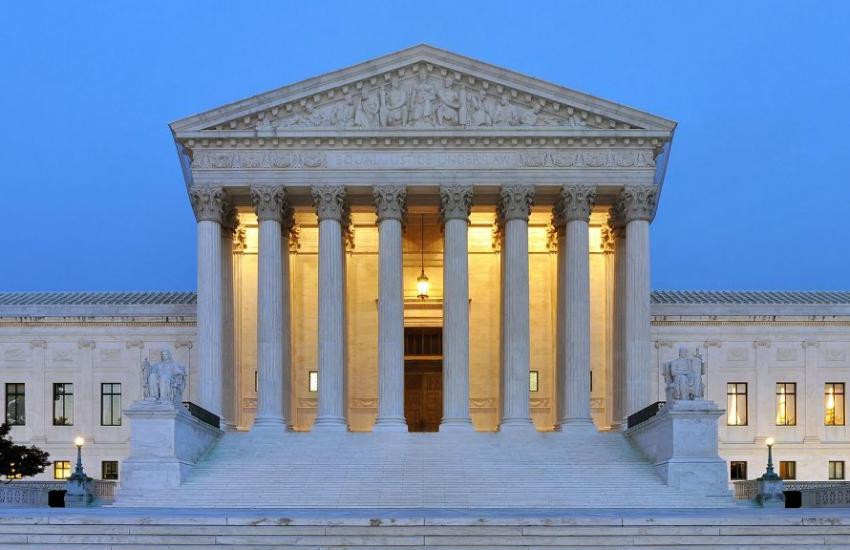In 1925, Congress passed the Federal Arbitration Act (FAA), which established a public policy in favor of arbitration. For the next six decades, courts undermined the FAA by not allowing arbitration for federal statutory claims through the nonarbitrability doctrine. Not until the 1980s did the Supreme Court reversed its stance on arbitration and began to require arbitration under the FAA for certain federal statutory claims. As support for arbitration clauses began to grow, employers began to include arbitration clauses in employment agreements because it lowers the cost and uncertainty of litigation. Many of these arbitration clauses contain waivers of the right to class action.
Recently, in AT&T Mobility v. Concepcion, the United States Supreme Court held that the FAA preempts state laws that prohibit contracts from disallowing class-wide contracts. The constitutionality of arbitration clauses in contracts did not end with Concepcion. Employment contracts that contain arbitration clauses are still an issue for the courts. In Herzfeld v. 1416 Chancellor, the district court found that the arbitration clause included in the employment agreement was unconscionable. A case decided in Connecticut that involved the same employers found the arbitration clause included in the employment agreement was not unconscionable. This Note discusses how courts have handled arbitration clauses in employment contracts and whether waivers of class and collective arbitration action are unconscionable. A federal circuit court split currently exists concerning whether waivers of class and collective arbitration actions are unconscionable. This Note argues that a waiver of collective action, whether express or unknowing, should be per se unconscionable to provide consistency and to resolve the inconsistency between and even within federal circuits.


